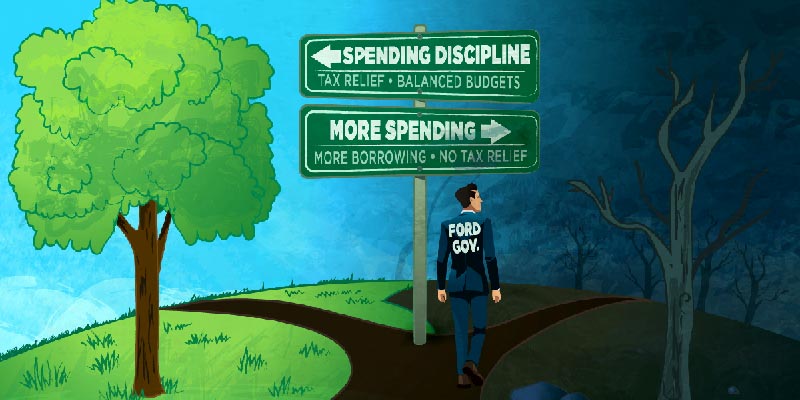 Read the Full Report
Read the Full Report View the Infographic - Business Investment per Worker (Canada vs. USA)
View the Infographic - Business Investment per Worker (Canada vs. USA) View the Infographic - Business Investment per Worker by Province and the US
View the Infographic - Business Investment per Worker by Province and the US View the Infographic - Business Investment per Worker in Maritime Provinces
View the Infographic - Business Investment per Worker in Maritime Provinces View the Infographic - Business Investment per Worker in Atlantic Canada
View the Infographic - Business Investment per Worker in Atlantic Canada Read the News Release - Canada
Read the News Release - Canada Read the News Release - Atlantic Canada
Read the News Release - Atlantic Canada






